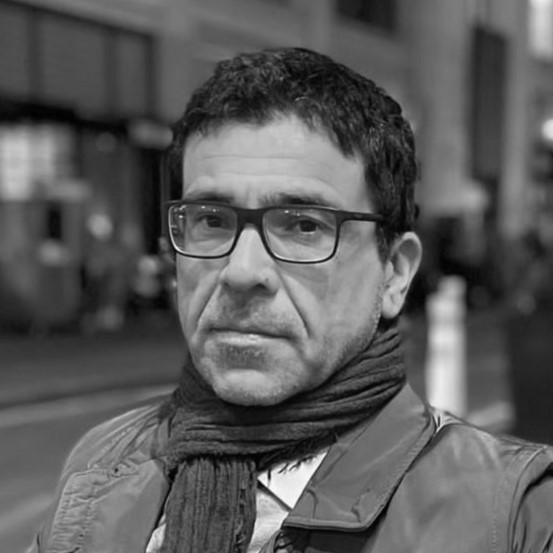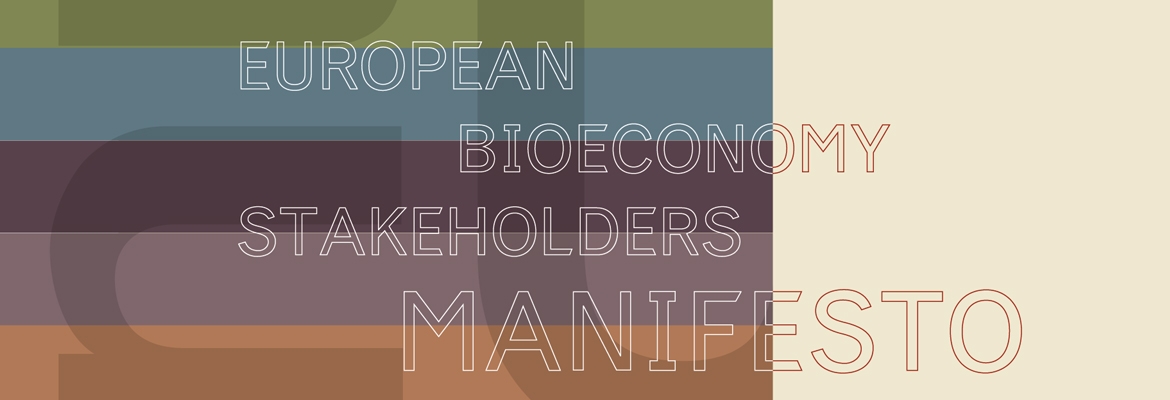From words to action. In a nutshell, this is the challenge launched by the EU at the 4th Bioeconony Stakeholders’ Conference held in Utrecht (The Netherlands) on 12th and 13th April, in the state-of-the-art Rabobank Nederland Headquarters. We need policies with a capital “P” able to take even inconvenient decisions quickly within a medium-long term framework to tackle climate change – the biggest threat facing humanity today – while promoting the transition to a post-fossil fuel society. “We need a real leadership” the introduction to the Manifesto reads, the legacy of this conference to the benefit of the EU. But as we know, Adenauer, Schuman and De Gasperi era has gone, and today politics only focuses on the short term, to get votes and win elections. It feeds on polls and emotions. And so it is no accident that public education and information were the main subjects of the Dutch conference.
More than 400 people – representing SMEs, clusters, universities and industrial and agricultural associations – gathered under the Dutch Presidency of the EU to discuss the bioeconomy. Objective: elaborating a Manifesto that will be at the heart of the new European strategy, expected by the end of the year.
While the 2012 Conference in Copenhagen was an opportunity to launch the strategy, Dublin and Turin – in 2013 and 2014 respectively – were two opportunities to take stock of the results achieved since its implementation, Utrecht undoubtedly represented a turning point to change gear, asking European and national institutions to take their responsibilities: “The enormous transition from fossil-fuels based economy to a sustainable economy,” the Manifesto reads, “requires ambitious efforts and coordinated actions. European governments and companies should invest wholeheartedly in research and development, sustainable production, market introduction, innovation, scaling up industries and smart regulations.”
But this transition requires society to take up a new active role, as called for by many people present. Starting from John Bell, Director of the EU Bioeconomy Directorate, who defined society as “the driving force of the bioeconomy”, to Catia Bastioli, Novamont CEO, for whom “the bioeconomy is a great opportunity to reconnect economy with society.”
How can it be done? “We need,” the Novara-based company manager stated, “educational programmes, involving private and public institutions and foundations, aimed also at creating green jobs combined with the support for the demand of new biobased products through a Green Public Procurement system.”
The introduction of new policies on the demand front was another highly debated subject in the Netherlands. Defined as “a necessary measure” even by Pekka Pesonen, Secretary-General of Copa Cogeca, the biggest farmer and agricultural cooperative association in Europe.
“At the current low oil price,” the conclusive Manifesto reads, “the bioeconomy has a little change to emerge. Introduce ambitious and mandatory targets for bio-sourced products in public procurement, together with voluntary labelling scheme, as in the US BioPreferred Program. Special attention should be given to SMEs, supporting their innovation, for example by public procurement policies.”
The Conference in Utrecht follows the Bioeconomy Investment Summit in Brussels and the Global Bioeconomy Summit in Berlin, held in November last year and that represent two important discussion summits between the EU and stakeholders laying down precise indications for policies and necessary investments needed to stimulate this sector. Above all, it comes after the presentation of a packet on the circular economy by the European Commission and COP21 in Paris last December that represented, according to everybody, a great stimulus to accelerate the bioeconomy.
But now we must prevent the EU to drive with one foot on the accelerator and the other on the brake pedal. There are still many unresolved questions. “First of all,” the Manifesto stakeholders complain, “biobased and fossil products are not treated equally. [...] The IMF estimated the global subsidies on fossil fuels in 2015 at $5.3 trillion. We do not ask for a European equivalent to this subsidy, but we do plead for a modest fraction of that amount to be invested in the bioeconomy: €5 billion per year for the period 2017-2025 in a European investment agenda that includes flagships, pilots, research and innovation and mutual learning.”
But there is more. Not taking into account the cost of negative externalities caused by fossil-based products creates market distortions. In other words, who pays for the damage caused by CO2 emissions? The need for a carbon tax was put forward in Utrecht. The first person to bring up the matter was Bertholt Leeftink, Director-General Enterprise and Innovation at the Dutch Ministry of Economic Affairs. This is a substantial step forward in the European debate.
In Switzerland, at the very heart of Europe, the CO2 tax represents a crucial tool to achieve the national objectives in the fight against climate change. It is an incentive tax introduced in 2008 on fossil fuels, such as heating oil or natural gas. This tax sends up prices, stimulating a reduction of the consumption of these fuels and a greater use of products and energy without or with low CO2 emissions. Each year, about two thirds of the money collected through this tax are given back to people and companies regardless of their consumption, while one third (maximum CHF 300 million) ends up in the Building Programme with aim to promote measure to reduce CO2 emissions (such as energy improvement and renewable energies) and 25 million more are invested in a fund for technologies.
The Swiss model is obviously not easy to replicate in the EU which is still lacking a single economic and fiscal policy and appears to become weaker and weaker on the political cohesion front.
A certainty came out of this Conference: Europe is not at the dawn of the bioeconomy. It has agricultural and industrial sectors able to innovate and invest, as proven by the presence of the most important global second and third generation biorefineries. The level of excellence of universities and research centres has never been questioned. Private-public partnerships launched in recent years, such as Bio-based Industries Joint Undertaking (€3.7 billion), have guaranteed a new and vigorous leap forward. And an increasing number of European regions and states are equipped with a strategy: as a matter of fact, last March, Spain published its strategy while France is expected to come up with its own before the summer.
Even on the other side of the Atlantic, Europe is very much admired. Even DSM, the Dutch biotech colossus, announced in Utrecht that many of its investments made in the USA will be bring back to the Old Continent.
“The transition towards the bioeconomy is irreversible,” stated John Bell, the man who has taken up a crucial role and leadership in the European bioeconomy. A concept shared by 400 stakeholders gathered in Utrecht. Now society must be made aware as well as the political class.
European Bioeconomy Stakeholders Manifesto, bioeconomyutrecht2016.eu/Static/bioeconomyutrecht2016.eu/Site/Manifest.pdf



